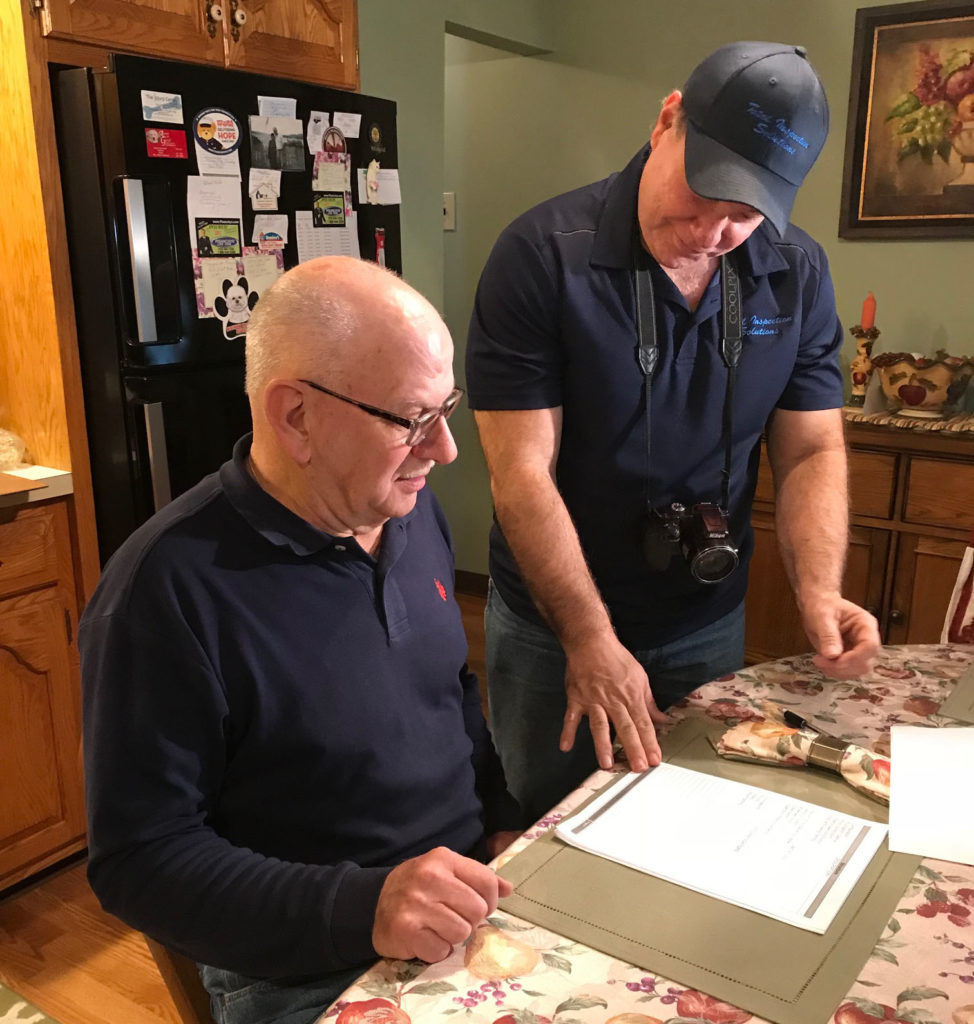Role of the Home Inspector in Home Buying Process
- precisionhomein
- Jul 15, 2023
- 1 min read

In the complex world of real estate transactions, the role of a home inspector is crucial. Homebuyers rely on these professionals to provide an unbiased assessment of a property's condition, ensuring that they make informed decisions before finalizing their purchase.
Trust is at the core of the relationship between home inspectors and their clients. Buyers trust that inspectors will thoroughly evaluate every aspect of a property, from its structural integrity to its electrical and plumbing systems. This trust allows buyers to have peace of mind and confidence in their investment.
Effective communication is another key aspect of a home inspector's role. Inspectors must be able to clearly convey their findings to clients, explaining any potential issues or areas for improvement. By doing so, they empower buyers with knowledge and enable them to make well-informed decisions about the property.
Furthermore, home inspectors play a vital role in connecting buyers with other professionals in the real estate industry. They often have extensive networks and can recommend trusted contractors or specialists who can address any identified issues or provide further expertise.
In summary, the role of a home inspector goes beyond simply assessing properties; it involves building trust with clients through transparent communication and facilitating connections within the real estate community. Their dedication ensures that buyers can confidently navigate the complexities of purchasing a new home.



Comments